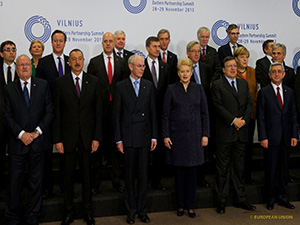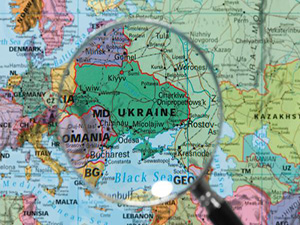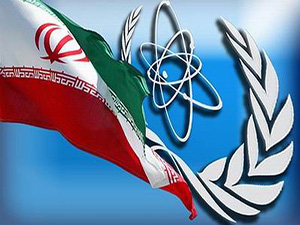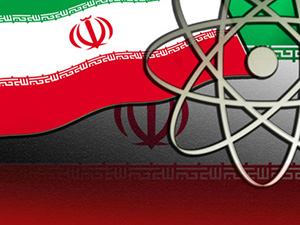Europa între Vilnius și Geneva
Cu cât aceste țări (ex-sovietice) se vor apropia mai mult de Europa, cu atât Rusia le va vedea îndepărtându-se și mai mult de Rusia. UE și Germania trebuie să vorbească cu Russia. Războiul Rece s-a terminat, a spus cancelarul Angela Merkel, citată de EuObserver. Două evenimente importante în configurația geostrategică viitoare, la nivel global, s-au derulat numai într-o lună. Și amândouă în Europa. Unul la Vilnius celălalt la Geneva. Teheranul şi cele şase mari puteri (SUA, Rusia, China, Franţa, Marea Britanie şi Germania) au ajuns la un acord pe tema programului nuclear iranian. Summitul de la Vilnius a adus mai aproape de UE două state: Georgia și Moldova. Au fost [...]





